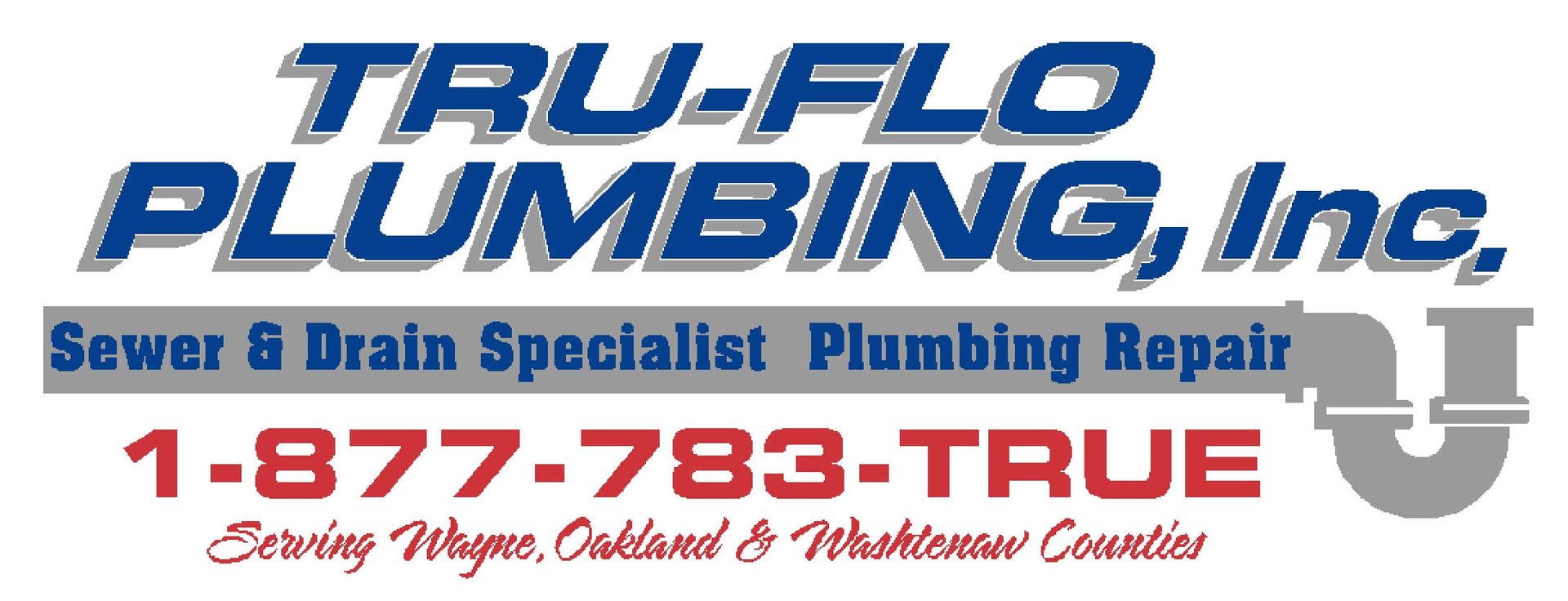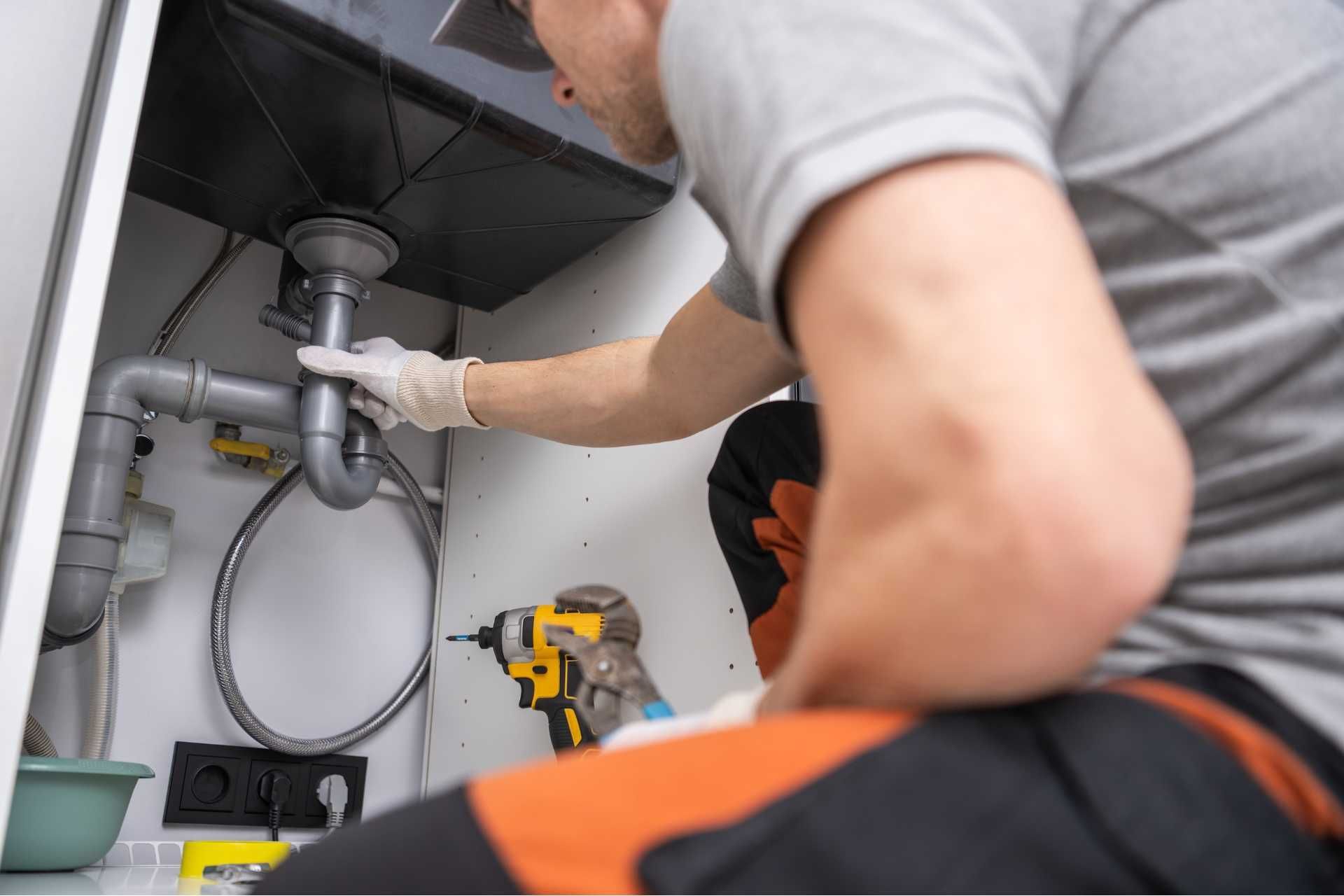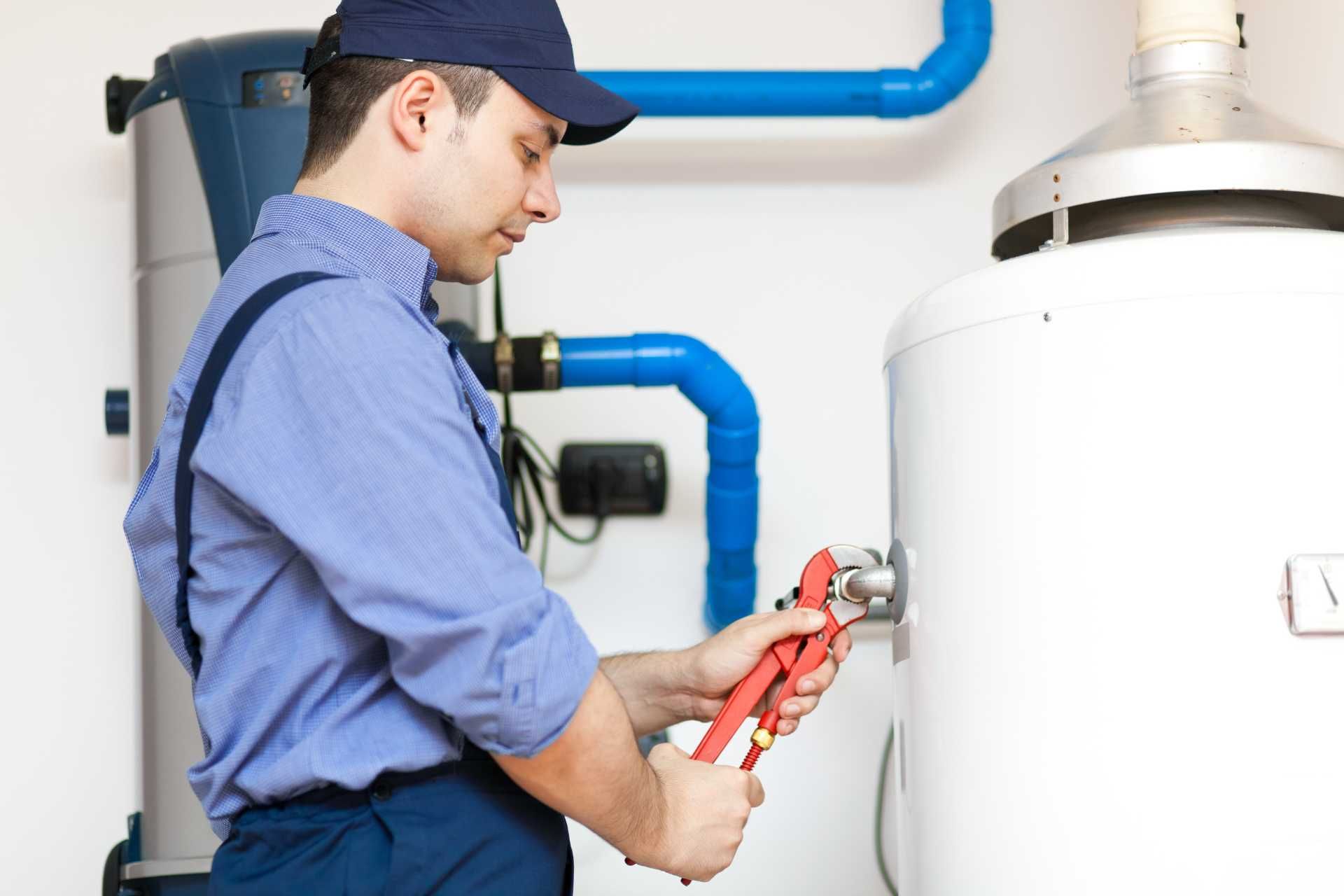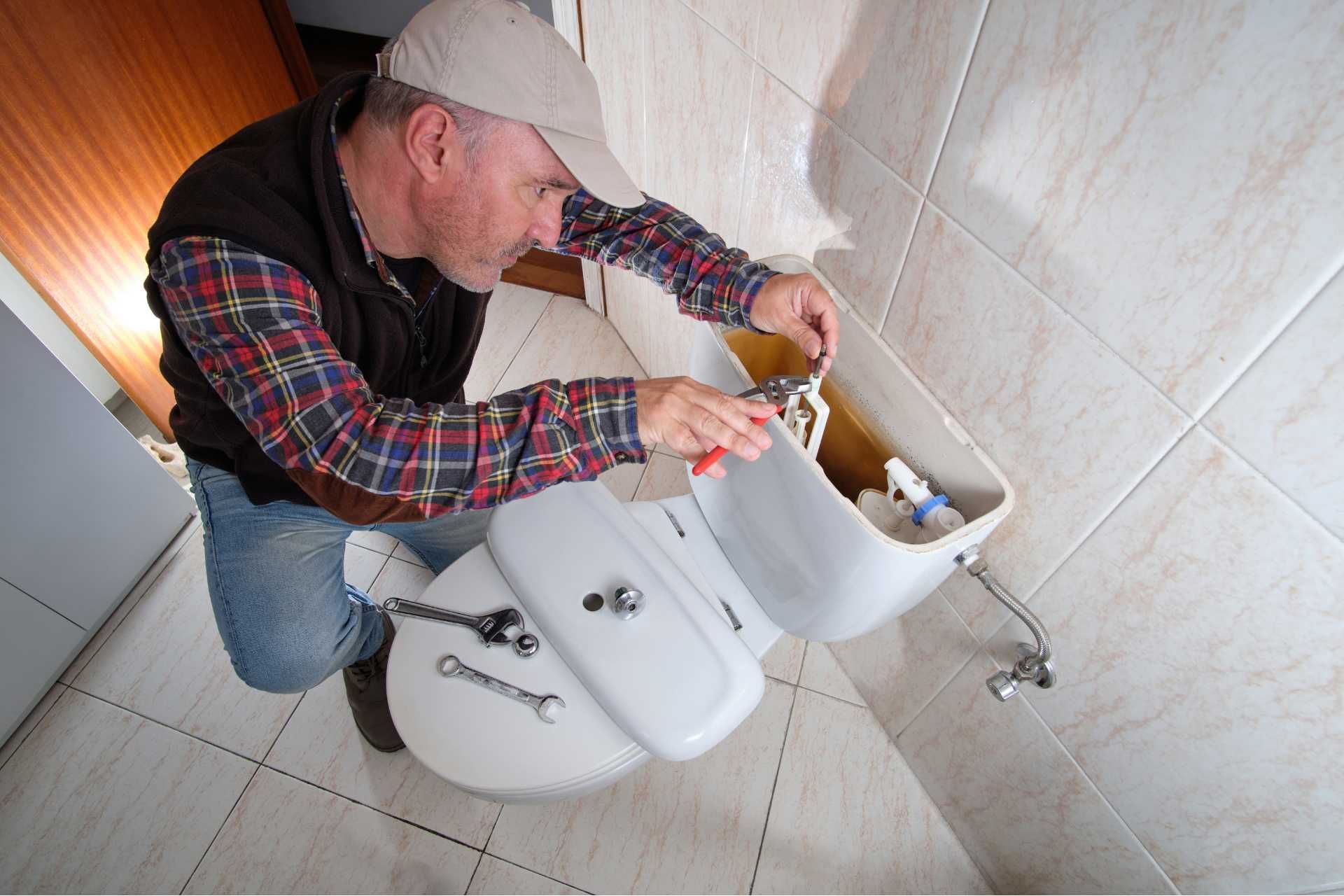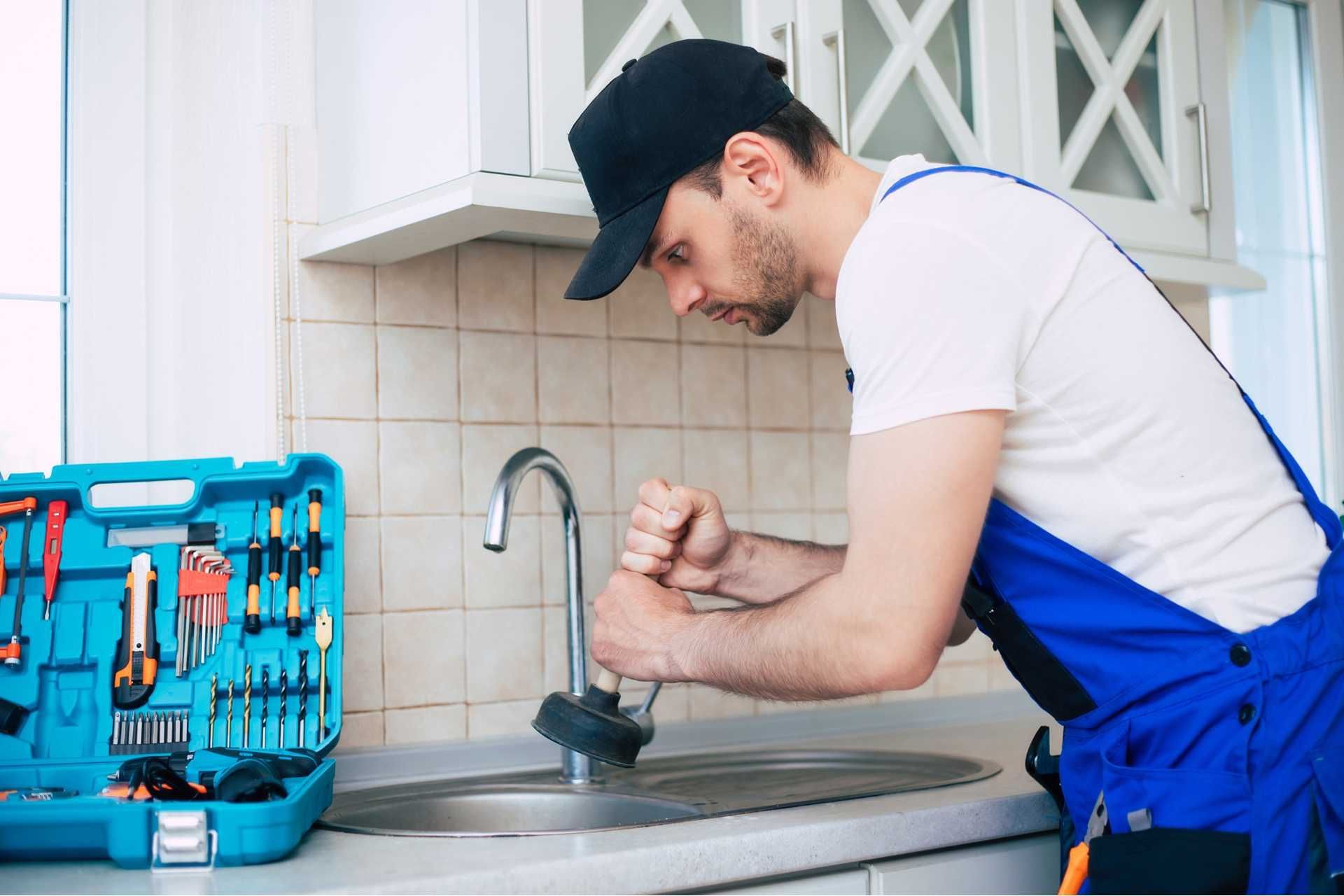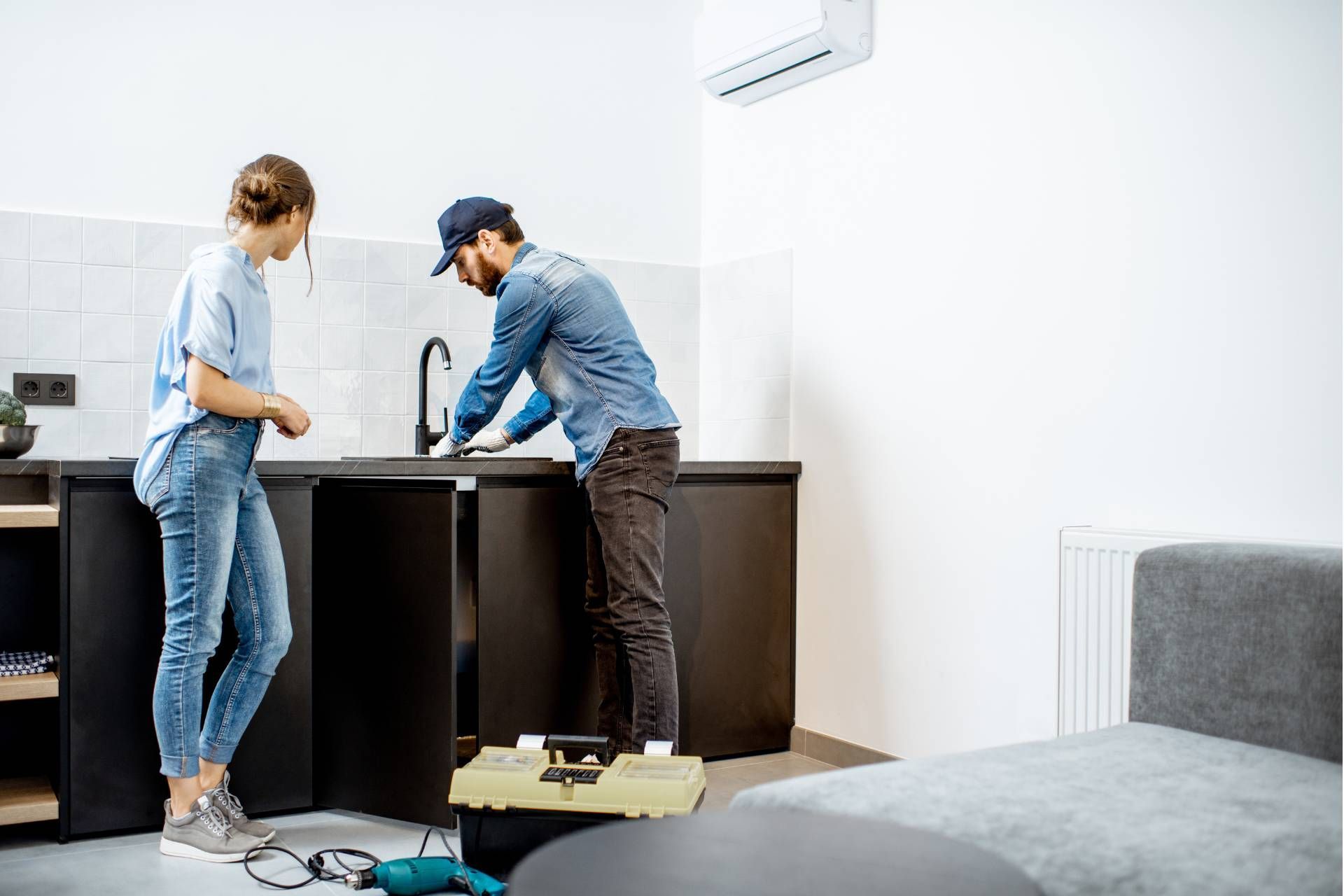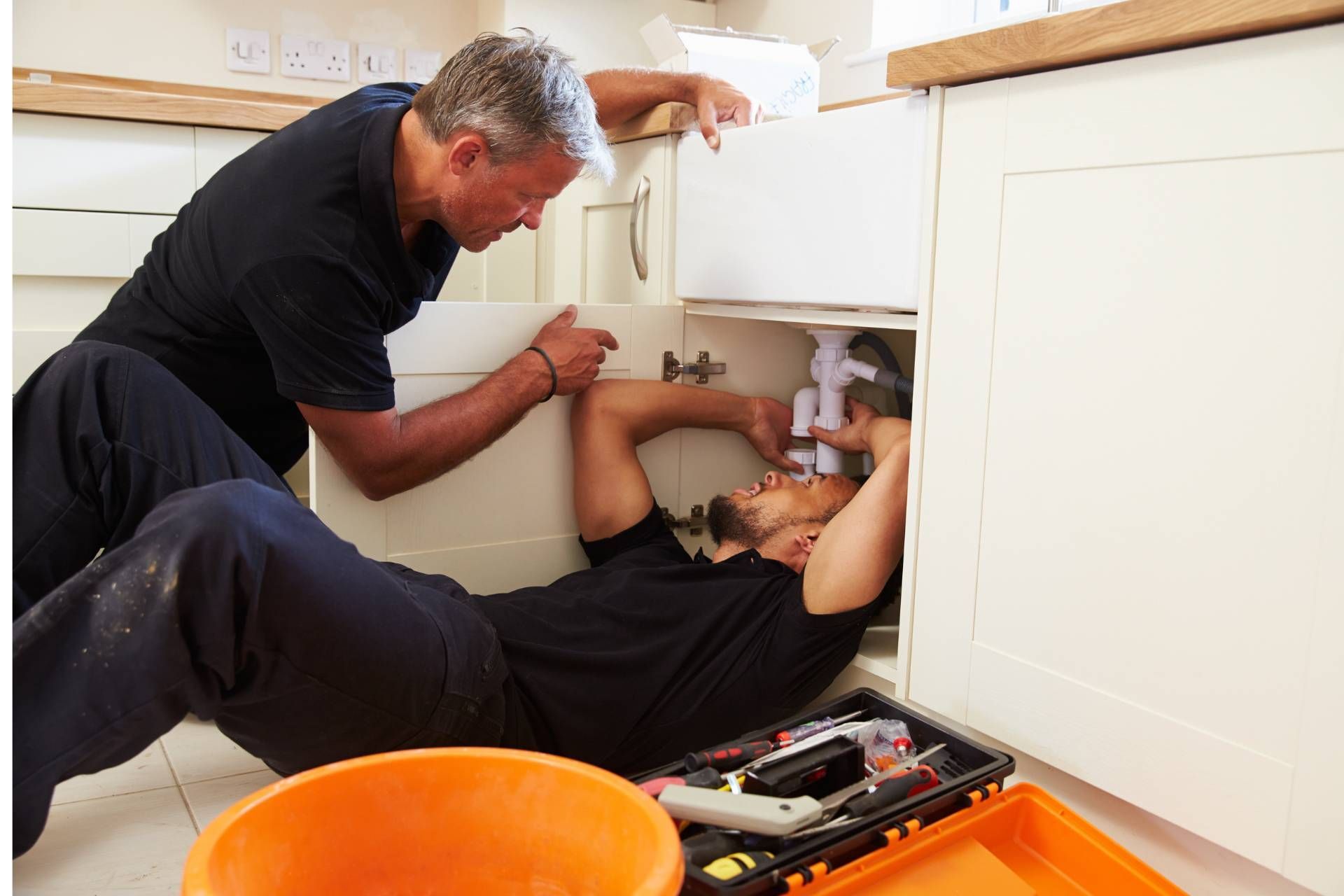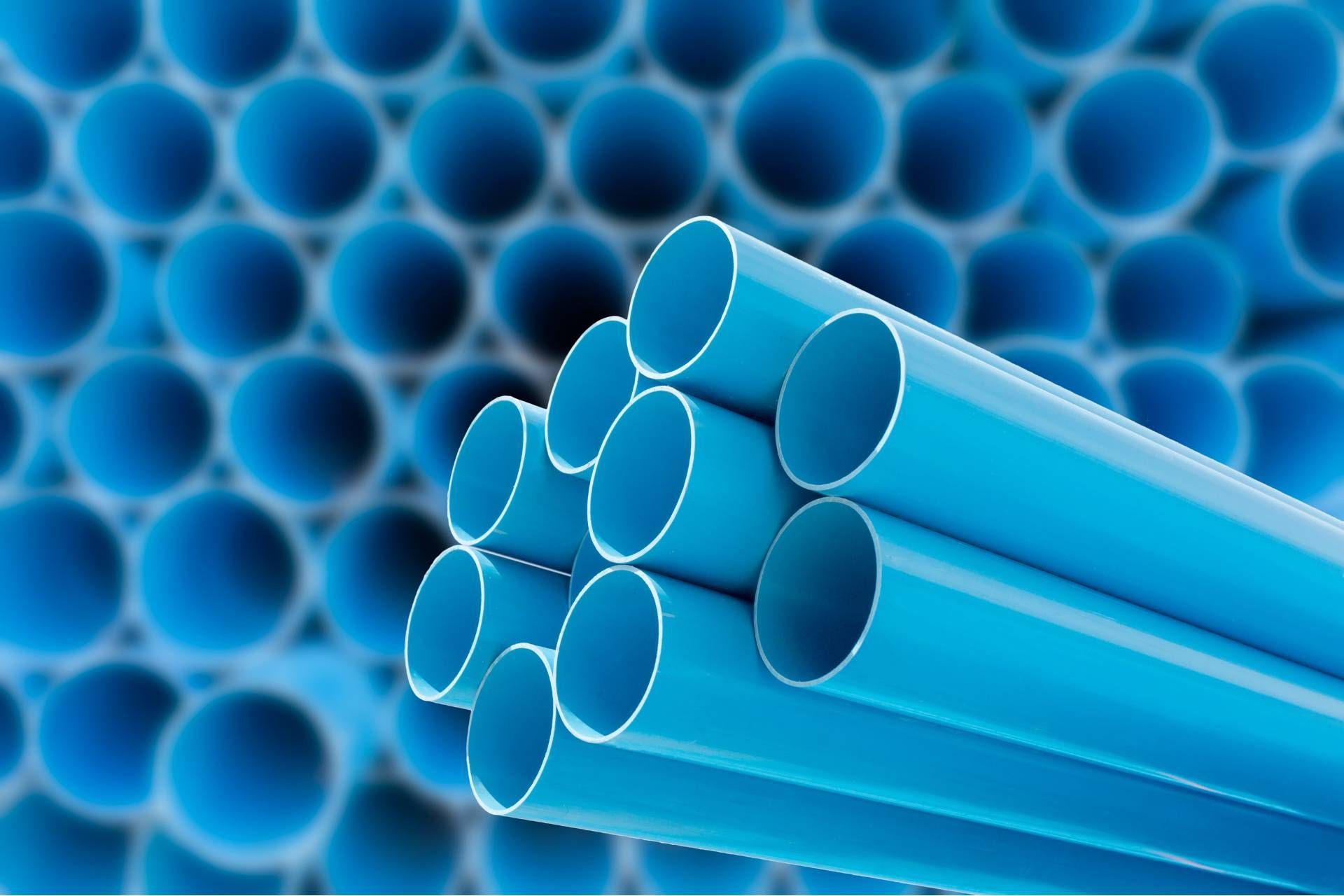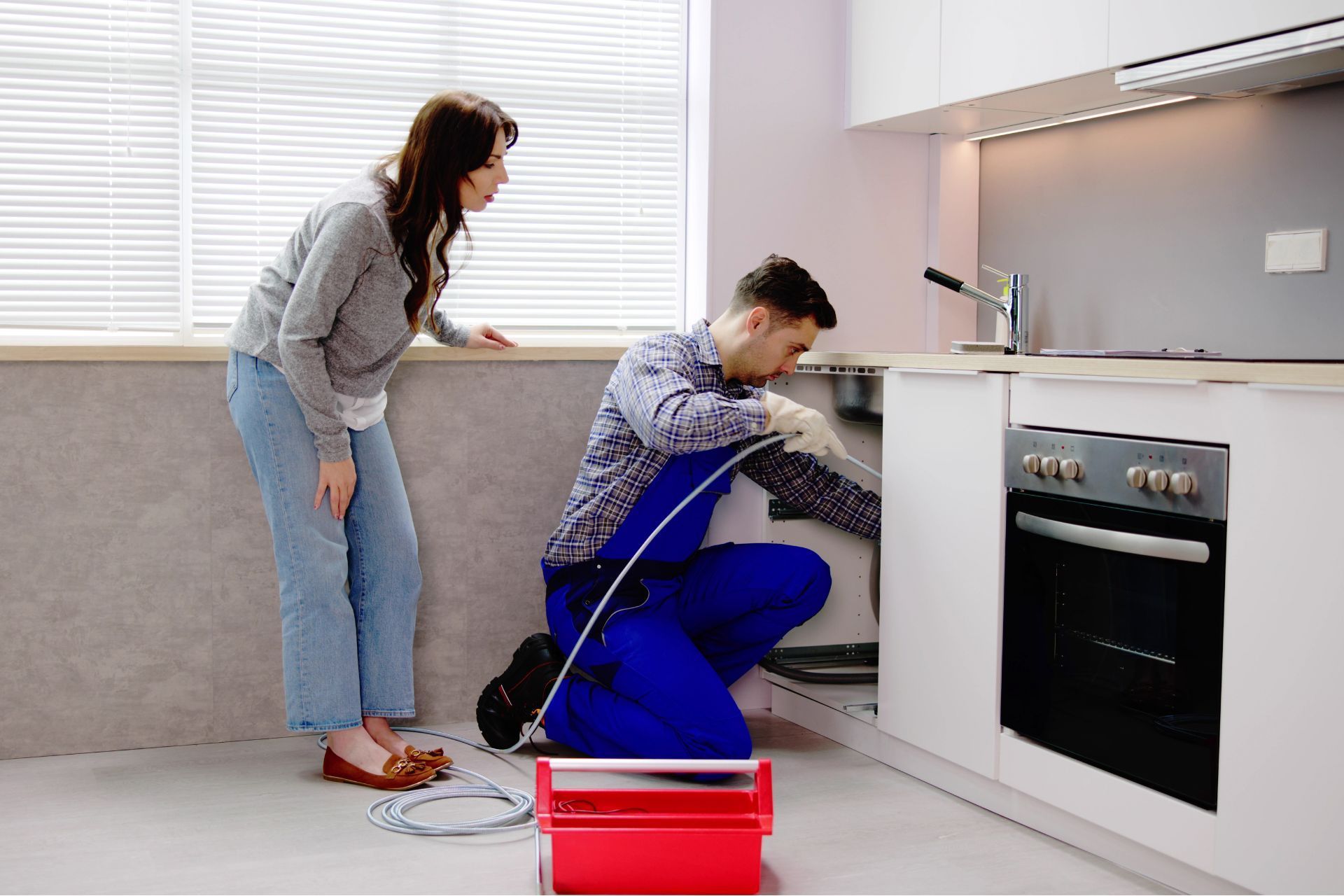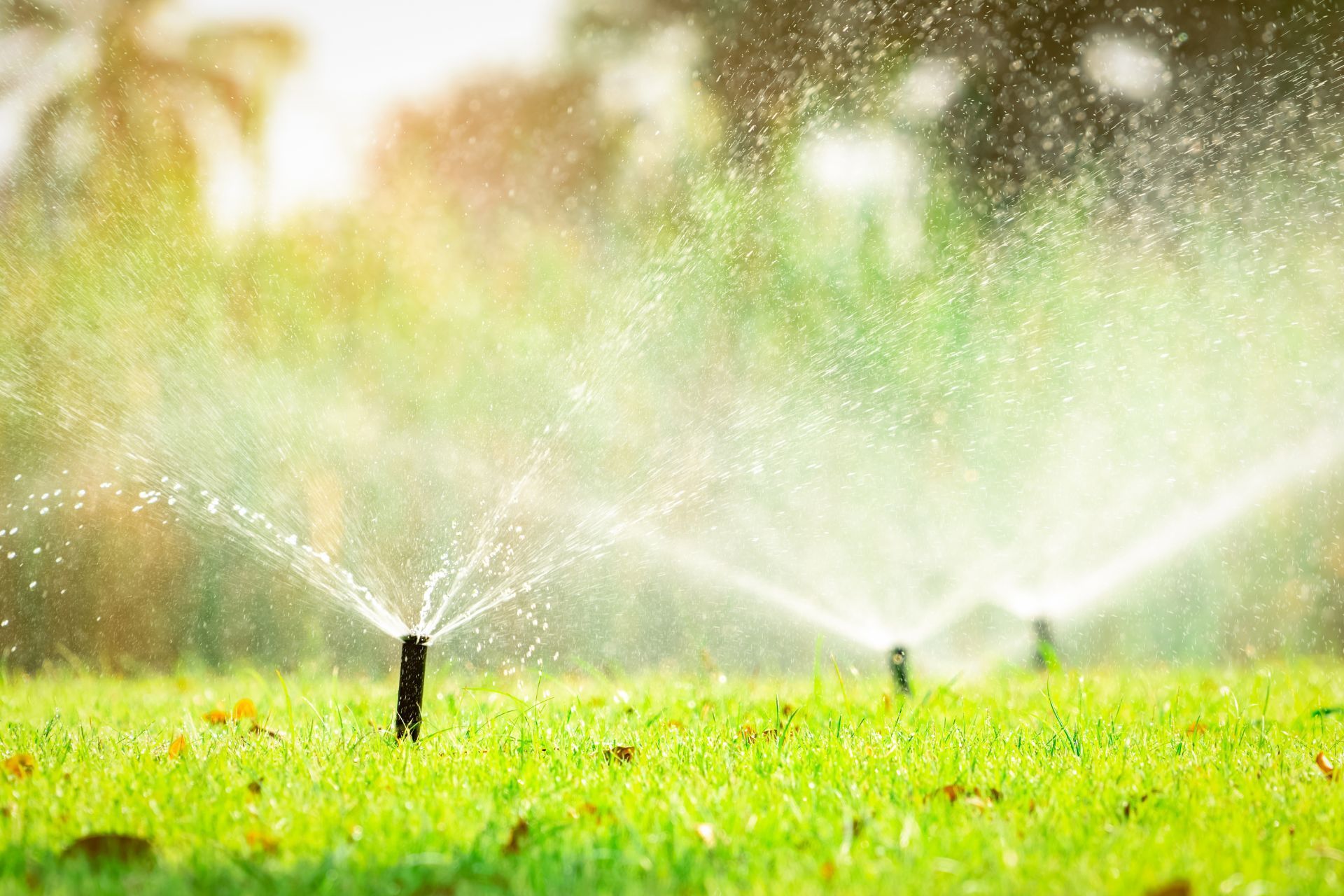Bad Shower Habits That Ruin your Plumbing
We use our showers every day to clean ourselves and relax after a long day, but did you know that some of the habits you have in the shower could be damaging your plumbing? It’s important to be mindful of how we use this essential household fixture to ensure its longevity and prevent costly repairs. Here are some bad shower habits that could be ruining your plumbing:
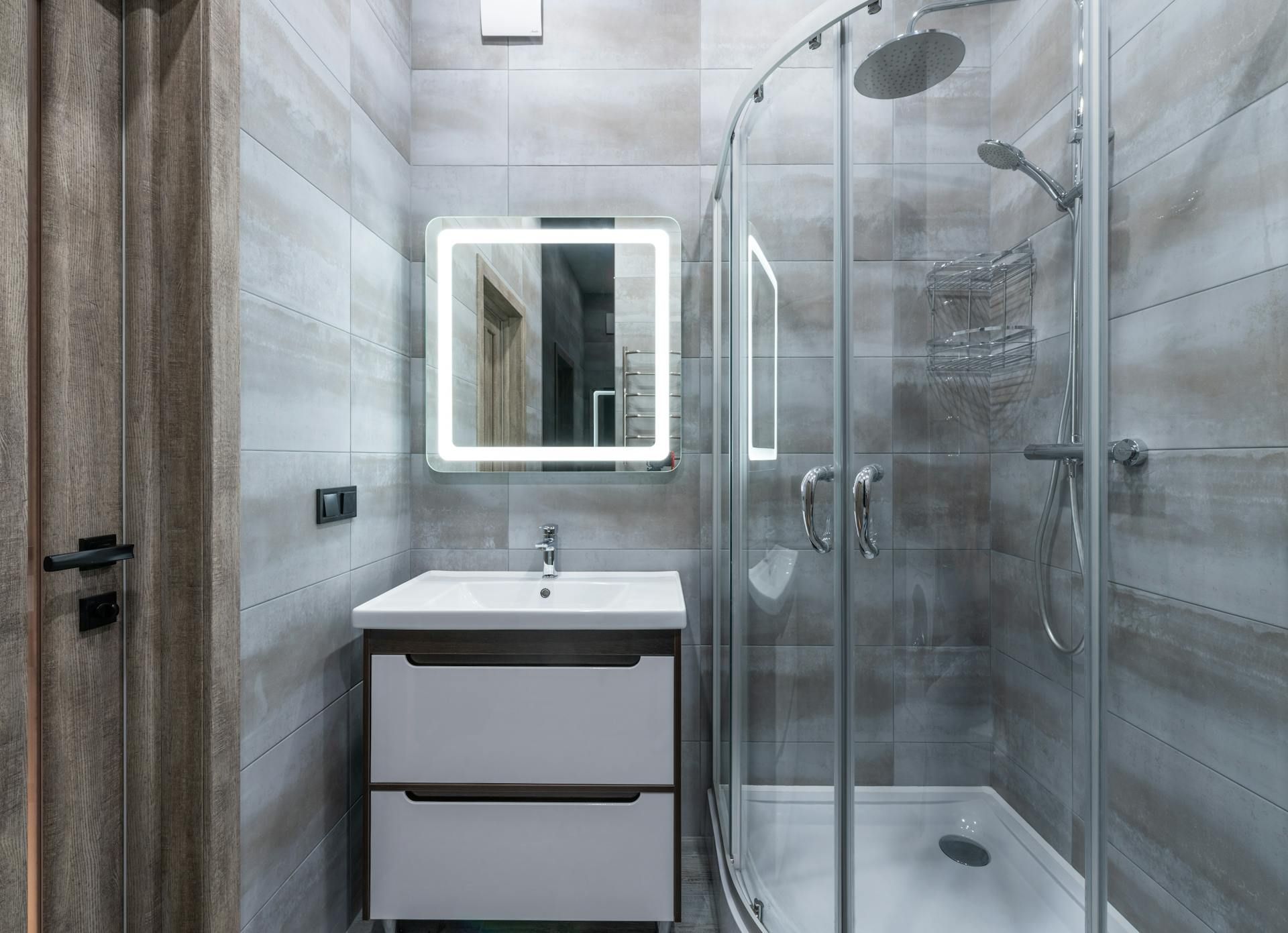
1. Hair down the drain
One of the most common causes of clogged drains in the shower is hair. We've all been there - standing in the shower, washing our hair, and watching as strands of hair swirl down the drain. It's a common occurrence, but did you know that all that hair going down the drain can actually ruin your plumbing?
When hair goes down the drain, it can easily get caught in the pipes, leading to clogs and blockages. Over time, these clogs can become more serious and cause major plumbing issues. Not only can this be a hassle to deal with, but it can also be costly to fix.
So, how can you prevent hair from ruining your plumbing? The easiest solution is to use a drain guard or strainer in your shower or bathtub. These simple devices can catch hair before it goes down the drain, reducing the likelihood of clogs and blockages.
2. Using too much soap
Using soap is a necessity in our daily hygiene routine, but did you know that using too much soap can actually wreak havoc on your plumbing system? It may seem harmless to lather up with excessive amounts of soap, but over time, this can lead to serious issues with your pipes and drains.
One of the primary reasons why using too much soap can be detrimental to your plumbing is because it can cause a buildup of soap scum. Soap scum is a residue that forms when soap combines with minerals in hard water, and it can accumulate in your pipes and drains, leading to clogs and blockages. This buildup can restrict the flow of water through your pipes, causing slow draining and potential backups.
Excessive soap usage can also contribute to the development of biofilm in your plumbing system. Biofilm is a sticky substance that forms when bacteria and other microorganisms attach to surfaces in your pipes. Soap provides an ideal environment for these microorganisms to thrive, leading to the formation of biofilm. Biofilm can further contribute to clogs and blockages in your pipes, as well as foul odors emanating from your drains.
Using too much soap can also have negative effects on your septic system. Septic systems rely on the natural bacteria in the tank to break down waste, but excessive soap usage can disrupt the delicate balance of bacteria in the tank. This can impair the effectiveness of the septic system and lead to issues such as backups and overflows.
To avoid these potential plumbing problems, it’s important to be mindful of how much soap you are using. Using the recommended amount of soap as indicated on the packaging can help prevent the buildup of soap scum and biofilm in your plumbing. Additionally, considering switching to a more environmentally-friendly and septic-safe soap can also help mitigate the impact on your plumbing system.
3. Flushing inappropriate items down the drain
When it comes to plumbing, most of us tend to take it for granted until something goes wrong. From clogged drains to overflowing toilets, dealing with plumbing issues can be a frustrating and costly experience. And one major cause of plumbing problems? Flushing inappropriate items down the drain.
Many of us are guilty of flushing items down the drain that we shouldn't. Whether it's pouring cooking oils and grease down the kitchen sink or flushing sanitary products down the toilet, these actions can have serious consequences for your plumbing system.
For starters, items like cooking oils and grease can solidify and build up in your pipes over time, leading to clogs and blockages that can be difficult to remove. These blockages can slow down or even stop the flow of water through your pipes, causing backups and overflows in your sink or bathtub.
Flushing items like sanitary products, paper towels, and even facial wipes down the toilet can also cause major problems. These items can get stuck in your pipes, leading to clogs that can be difficult and expensive to remove. In some cases, these blockages can even lead to sewage backups in your home, creating a health hazard and costing thousands of dollars to repair.
Flushing inappropriate items down the drain can also have a negative impact on the environment. Items like cooking oils and grease can contaminate water sources and harm aquatic life, while flushing items like medications and cleaning chemicals can have a detrimental effect on our water supply.
So, what can you do to prevent these plumbing problems? The first step is to be mindful of what you're putting down the drain. Avoid pouring cooking oils and grease down the sink, and dispose of them in the trash instead. Use a trash can for sanitary products, paper towels, and other items that can clog your pipes. And if you're unsure if something is safe to flush, err on the side of caution and throw it in the trash.
4. Ignoring leaks
Ignoring leaks in your plumbing may seem like a small issue, but it can actually lead to major problems down the line. Whether it's a slow drip from a faucet or a small puddle under your sink, leaks can cause damage to your home and cost you money in the long run.
One of the biggest dangers of ignoring leaks is the potential for water damage. Even a small leak can lead to mold and mildew growth, which can cause health problems for you and your family. In addition, leaks can weaken the structure of your home, leading to issues like rotting wood and deteriorating drywall.
Ignoring leaks can also cause your water bill to skyrocket. According to the Environmental Protection Agency, a leaky faucet can waste up to 3,000 gallons of water per year. That's not only bad for the environment, but it can also cost you hundreds of dollars in wasted water.
Leaks can indicate larger problems within your plumbing system. For example, a leak under your sink could be a sign of a more serious issue with your pipes. By addressing leaks promptly, you can prevent larger and more expensive repairs in the future.
So, what can you do to prevent leaks from ruining your plumbing? The first step is to regularly inspect your plumbing fixtures for any signs of leaks. Look for damp spots, water stains, and dripping water. If you notice any leaks, don't ignore them – take action immediately.
Another important step is to maintain your plumbing system regularly. This includes fixing any leaks promptly, as well as scheduling regular maintenance checks with a professional plumber. By staying on top of your plumbing maintenance, you can prevent leaks from becoming a major problem.
5. Using harsh chemicals
When it comes to maintaining your home, it's important to always consider the impact of the products you use on your pipes and plumbing system. While harsh chemicals may seem like a quick fix for clearing clogs and keeping your drains clean, they can actually do more harm than good in the long run.
Many common household cleaners and drain cleaners contain harsh chemicals like bleach, sulfuric acid, and lye. These chemicals can eat away at the pipes in your plumbing system, causing them to deteriorate and eventually leak or burst. In addition, these chemicals can also harm the environment when they are flushed down the drain and end up in our waterways.
Using harsh chemicals can also lead to buildup in your pipes, making clogs worse over time. While these chemicals may be effective at initially clearing a clog, they can leave residue behind that attracts more debris and causes future blockages. This can lead to costly repairs and the need for professional plumbing services.
Instead of using harsh chemicals, there are many safer and more eco-friendly alternatives for maintaining your plumbing system. For example, using a mixture of baking soda and vinegar can effectively clear minor clogs without damaging your pipes. Regularly flushing your drains with hot water can also help prevent buildup and keep your pipes clean.
If you do encounter a stubborn clog that can't be cleared with natural solutions, it's best to call a professional plumber for assistance. They have the tools and expertise to safely and effectively remove clogs without causing damage to your pipes.
What to do with a Faulty Plumbing System
So why continue to deal with a faulty plumbing system when you can hire
Tru-Flo Plumbing to take care of it for you? Don't let plumbing problems disrupt your daily routine any longer -
contact Tru-Flo Plumbing today and experience the difference their expert services can make. Trust us, you won't be disappointed.
Address: 3215 Dix Hwy, Lincoln Park, MI 48146 | Phone: 1-877-783-TRUE (8783)
Copyright © 2023 Tru-Flo Plumbing, All Rights Reserved
